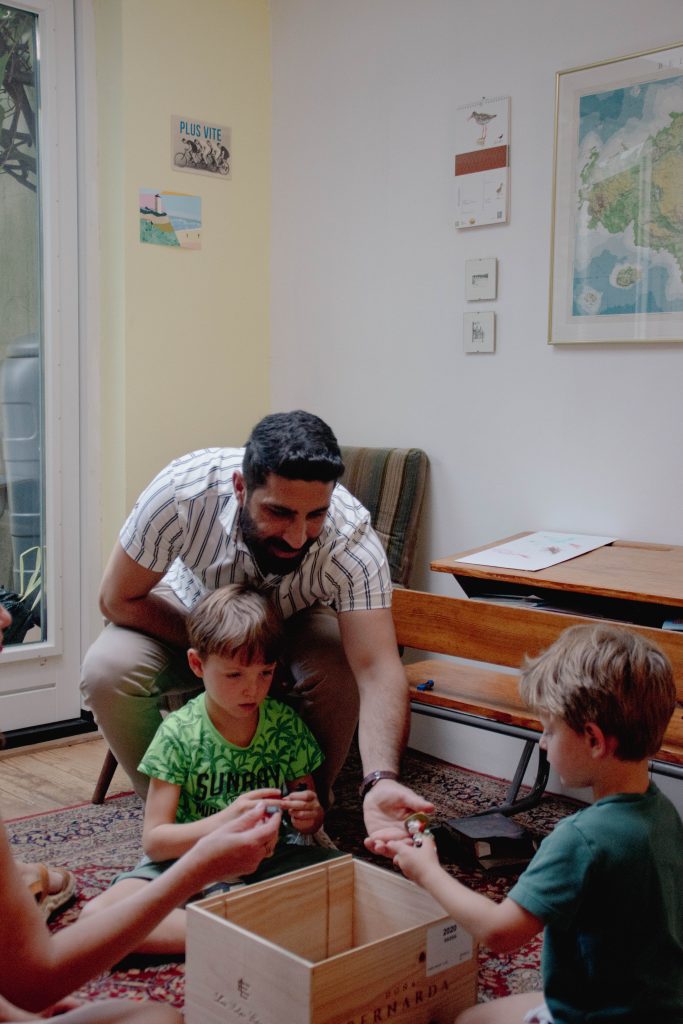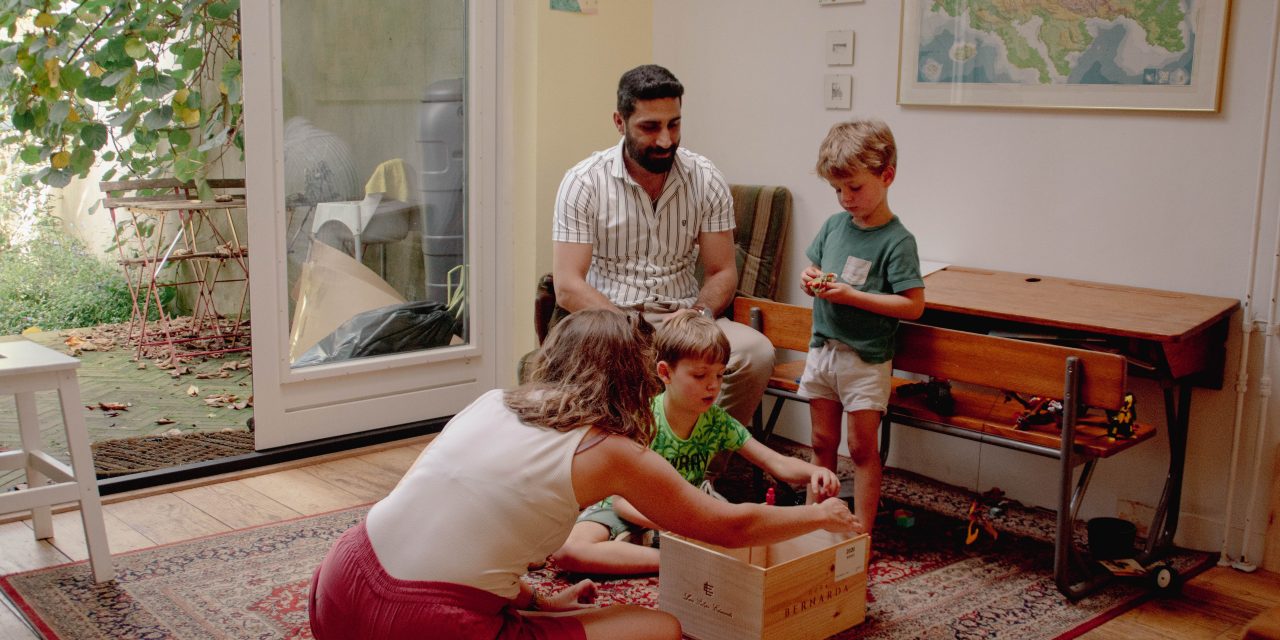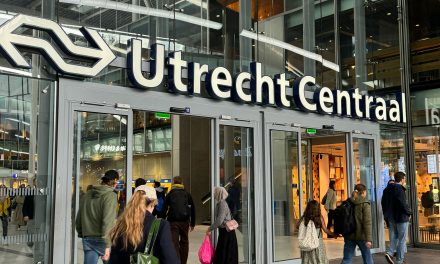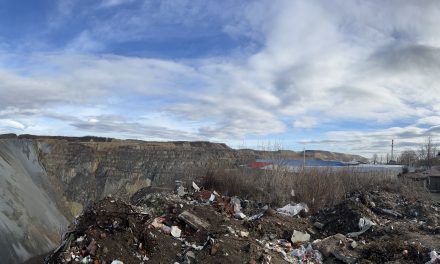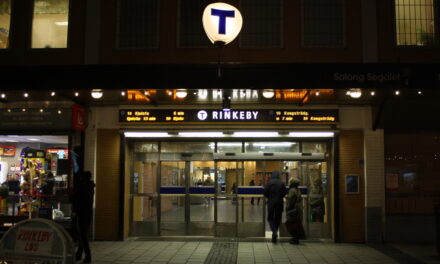While calls for stricter migration rules are getting louder in the Netherlands and across Europe, Laura Faber is opening her house instead. Two refugees are living with her and her family in their home in Deventer while waiting for a residence permit. ‘People often say I’m giving up my privacy,’ she says. But what I’ve gained is a richer life, full of different cultures.’
A house full of stories
Laura started hosting refugees through TakeCareBnb, an organization who matches refugees and families. Currently she has two people living with her and her two kids. They met through her work at a pre-integration school. ‘It can be hectic at times,’ she laughs, ‘but we have a cozy household.’ For her childeren it’s the most normal thing that they welcome people in their home and that here’s always someone extra at the dinner table.
Barshank, one of the refugees living with her, nods in agreement. ‘I feel at home here. We eat and talk together, a mix of English and Dutch because I want to learn the language. In the asylum center, I shared a room with four or five people, with no privacy and no activities. Here, it’s a family. And it feels like I’m truly part of it.’
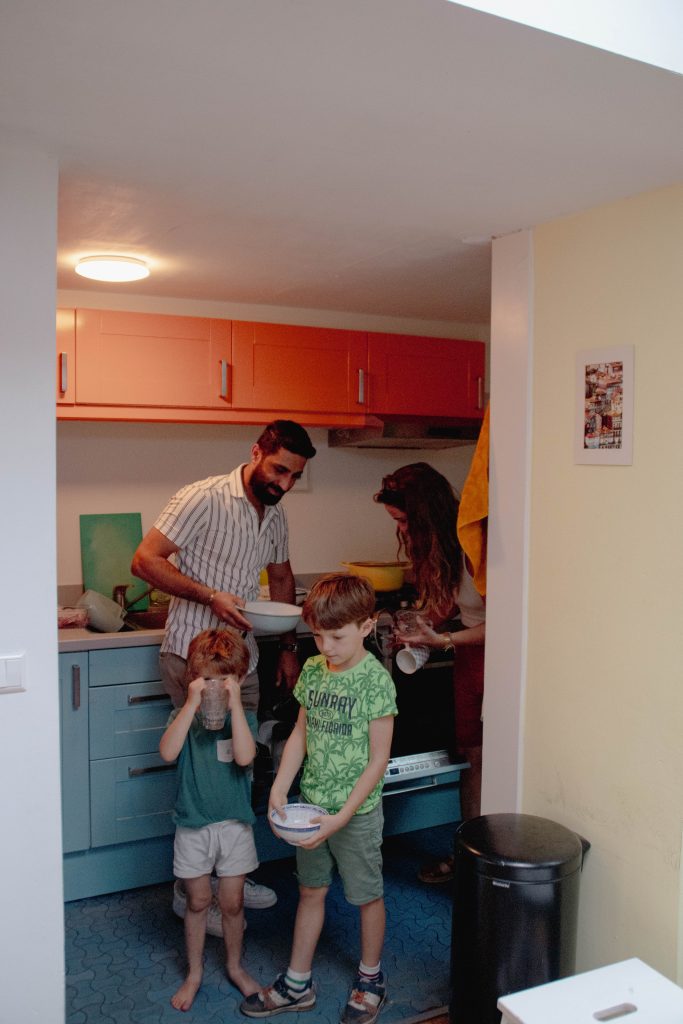
Journey to safety
Barshank left his country Syria years ago. He departed in 2011, stayed in Iraq and Greece and two years ago he came to the Netherlands. His journey was marked by rejections and procedures. ‘I don’t want to be a refugee anymore,’ he says. I just want a normal life: to work, pay taxes and be part of society.’
In Deventer he’s building towards that. He cooks daily for Laura’s family and is currently in the process of building up his own catering business. ‘I learned cooking from my mother. When I first lived on my own, I would call her every day to ask what I should cook. Now I can make people happy with it, and share a piece of my culture.’ ‘Since he lives here, I get fed on a chefs level,’ Laura adds with a smile.
Against the current
Laura’s choice contradicts the political reality where the focus is restriction and return. But according to her that side is too one-sided. ‘We talk about an asylum problem, but we forget that our society is aging. Soon we will need people to teach in classrooms, to work in healthcare. Refugees are often resilient and motivated. It’s a waste to let them do nothing for years.’
She sees every day how quickly prejudices disappear when there is personal contact. ‘In our street, people had never met anyone from Syria. Now they know Barshank and think he’s wonderful. People need to talk to each other, only then do prejudices disappear.’
A broader perspective
Jan de Beer, ambassador of TakeCareBnb, recognizes this. He himself took in a fifteen-year-old boy. ‘You learn how much of a difference you can make. It doesn’t have to be big. Simply opening your door can already make a world of difference,’ he says. Through taking in this, I’ve been up close how the system can trap refugees. It’s often unfair, so the least we can do, is offer them kindness, and in some situation a home.
Hope instead of distrust
In a Europe that often debates numbers and borders, Laura’s home offers a different perspective: one of connection, resilience, and hope. While policies may divide, her kitchen table shows what becomes possible when doors are opened instead of closed.
